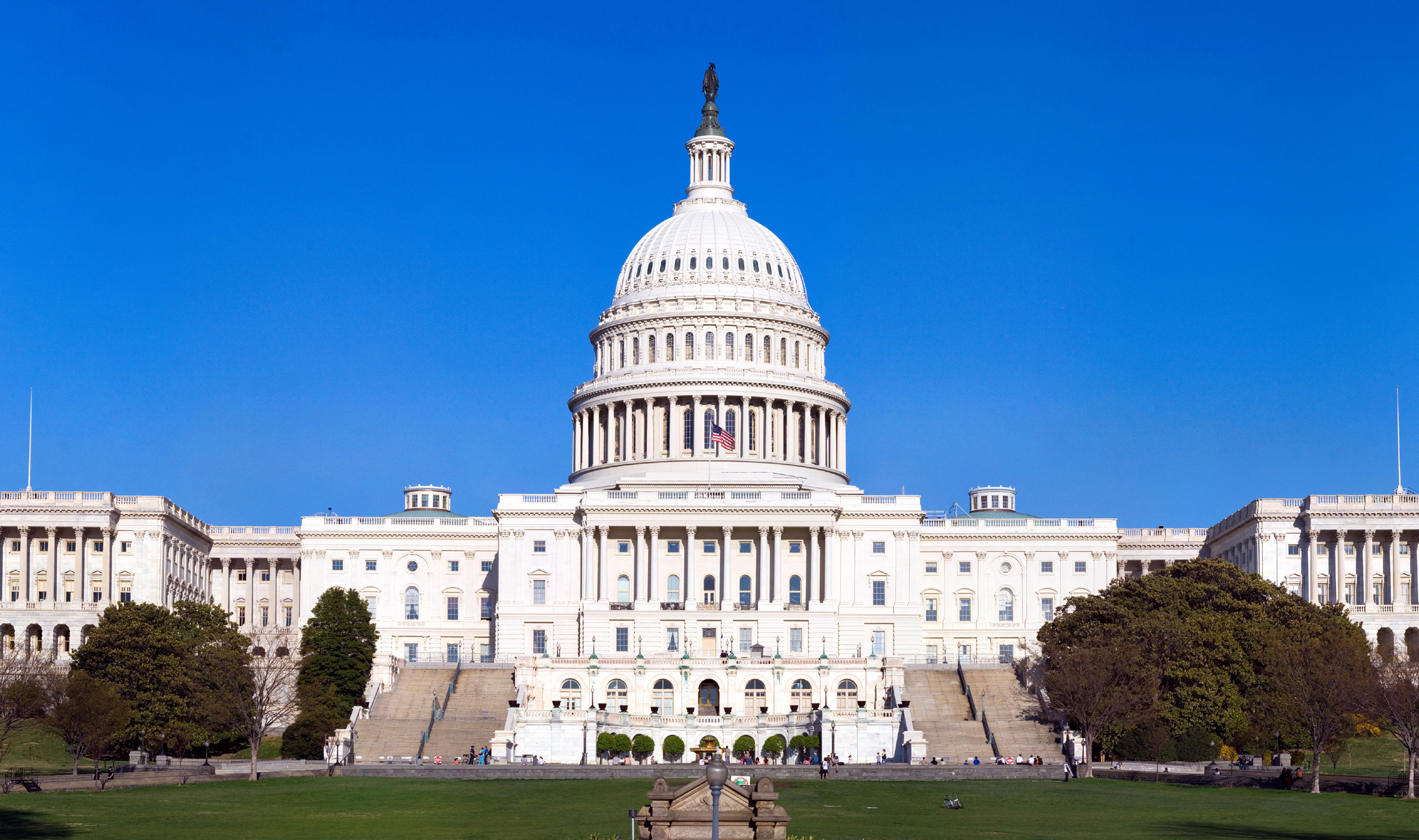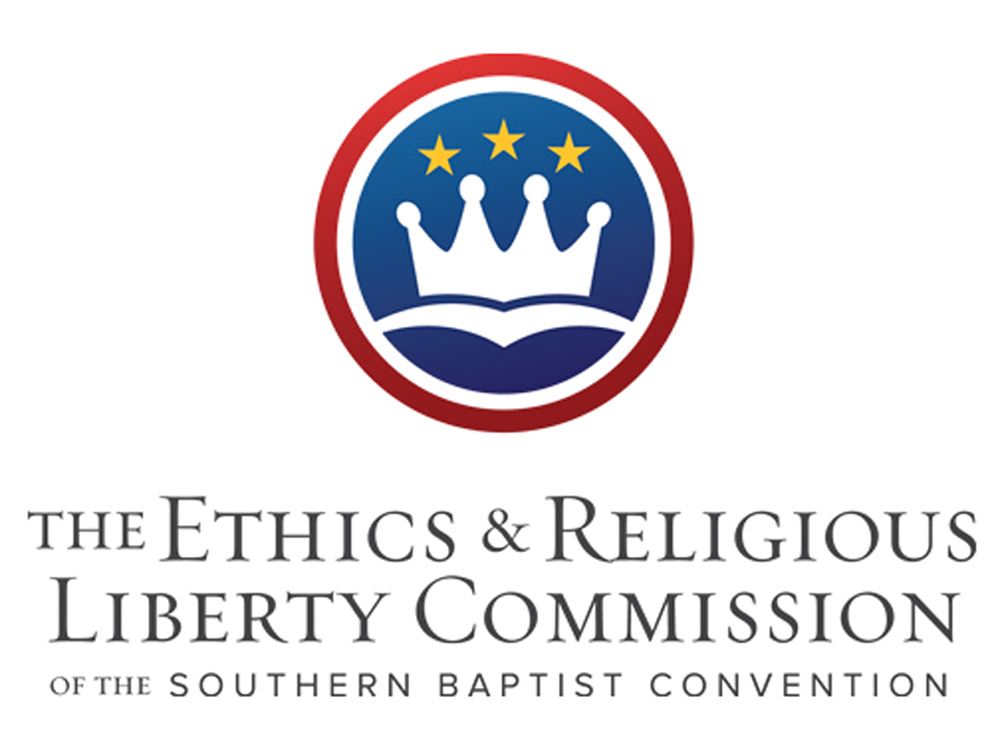
WASHINGTON (BP) — The U.S. House of Representatives has voted to rescind a deadline established nearly 50 years ago for a constitutional amendment a Southern Baptist Convention entity says would threaten the sanctity of human life and freedom of conscience.
 The House voted 232-183 in an almost party-line roll call to remove the deadline set by Congress in 1972 for the Equal Rights Amendment (ERA), a controversial proposal that failed to gain ratification by three-fourths of the states in the allotted time. When Congress approved the ERA, it established a seven-year deadline for ratification by the states. Congress later extended the deadline three more years, but proponents achieved passage in only 35 of the 38 states needed before time expired in 1982.
The House voted 232-183 in an almost party-line roll call to remove the deadline set by Congress in 1972 for the Equal Rights Amendment (ERA), a controversial proposal that failed to gain ratification by three-fourths of the states in the allotted time. When Congress approved the ERA, it established a seven-year deadline for ratification by the states. Congress later extended the deadline three more years, but proponents achieved passage in only 35 of the 38 states needed before time expired in 1982.
ERA supporters have sought to revive the proposal in recent years, gaining passage in three more states. Most recently, the Virginia legislature approved the amendment in January.
The House-approved resolution apparently will face difficulty in the Senate, and it seems questionable that the federal court system would find the effort to eliminate a long-past deadline to be constitutional.
The ERA — which says, “Equality of rights under the law shall not be denied or abridged by the United States or by any state on account of sex” — received opposition from pro-life advocates and social conservatives during the 10-year campaign for its ratification. Pro-lifers especially are working against it because of its abortion implications.
“As Christians we are called to affirm the full dignity of every human being without reservation, and should reflect that in our daily interactions,” said Amy Whitfield, SBC Executive Committee women’s liaison.
“We believe God created both men and women in His own image, crowning them with inestimable worth, but ultimately the implications of the Equal Rights Amendment are deeply concerning, particularly for the lives of the unborn.”
In a policy brief issued in April 2019, the Ethics & Religious Liberty Commission (ERLC) affirmed that God created women, like men, in His image and endowed them with “equal value and dignity.” The ERA debate, however, is “tainted with abortion politics,” according to the ERLC.
In listing problems with the amendment, the ERLC said in its brief the ERA could:
— Abolish federal and state limitations on even third-trimester abortions, including those performed by the partial-birth method.
— Mandate government funding for abortion by nullifying the Hyde Amendment, a measure first passed in 1976 that prohibits federal money for the lethal procedure.
— Revoke conscience protections for health-care workers who object to participating in abortions and other medical procedures in conflict with their beliefs.
— Essentially eradicate sex-segregated spaces, such as shelters and prisons for women, and leave females vulnerable.
“While it is an honorable goal to work to see respect for human dignity reflected in our laws and culture, the Equal Rights Amendment is not the way forward,” said Chelsea Sobolik, a policy director for the ERLC.
“The ERA is not ultimately pro-woman, because it ensures taxpayer-funded abortion would be readily available,” she said in written comments for Baptist Press. “Abortion does not honor women but instead places them at a more significant disadvantage as abortion targets baby girls and harms women’s health long after the procedure.”
Douglas Johnson, senior policy advisor for the National Right to Life Committee, said, “Numerous abortion-rights groups now openly proclaim that they would employ the ERA as a powerful legal weapon against pro-life laws.”
The ERA is “40 years dead,” Johnson said in a written statement. “We are now witnessing an orchestrated attack on the integrity of the constitutional amendment process itself.”
Rep. Vicky Hartzler, R-Mo., charged the newly passed resolution is unconstitutional. In written remarks, she also said the ERA “would not bring women any more rights than they currently have but it would entrench the legality of abortion. We know this from court precedent and by listening to those who have the most to gain from constitutionally protecting abortion on demand.”
Speaker of the House Nancy Pelosi denied the ERA’s impact on abortion in her floor speech Feb. 13. “This has nothing to do with [the] abortion issue,” she said. “That’s an excuse. It’s not a reason. And you’re saying by voting against this that your daughter, your sister, your mother, your spouse should not have equal protection under the law in the Constitution of the United States.”
NARAL Pro-choice America, one of the country’s leading abortion rights organizations, says on its website, however, the ERA “would reinforce the constitutional right to abortion by clarifying that the sexes have equal rights, which would require judges to strike down anti-abortion laws because they violate both the constitutional right to privacy and sexual equality.”
Backers of the effort to eliminate the ERA’s ratification deadline have failed to gain the support of one of the amendment’s most prominent supporters.
Supreme Court Associate Justice Ruth Bader Ginsburg, a long-time advocate for the ERA, said Feb. 10 of the ratification attempt, “I’d like it to start over,” according to the Associated Press.
Speaking of the ratifications by Nevada, Illinois and Virginia in the last three years, Ginsburg said in an appearance at Georgetown University Law Center in Washington, D.C., “There’s too much controversy about late comers. Plus, a number of states have withdrawn their ratification. So if you count a latecomer on the plus side, how can you disregard states that said, ‘We’ve changed our minds’?”
Five states rescinded their ratifications of the ERA after originally approving it.
No Democrats opposed the House resolution Feb. 13, but five Republicans voted for it. They were Reps. John Curtis of Utah, Rodney Davis of Illinois, Brian Fitzpatrick of Pennsylvania, Tom Reed of New York and Jeff Van Drew of New Jersey.
The ERLC’s policy statement on the ERA is available at https://erlc.com/resource-library/policy-briefs/the-equal-rights-amendment-poses-threats-to-human-dignity-and-religious-liberty.





















